If you’ve ever walked through a spice market and wondered which tiny, aromatic seeds pack the biggest flavor punch, you might have already encountered afeem seed—also known as ajwain or carom seeds. These little seeds may look humble, but they hold a complex, peppery, thyme-like flavor that can transform your dishes in seconds.
What Is Afeem Seed?
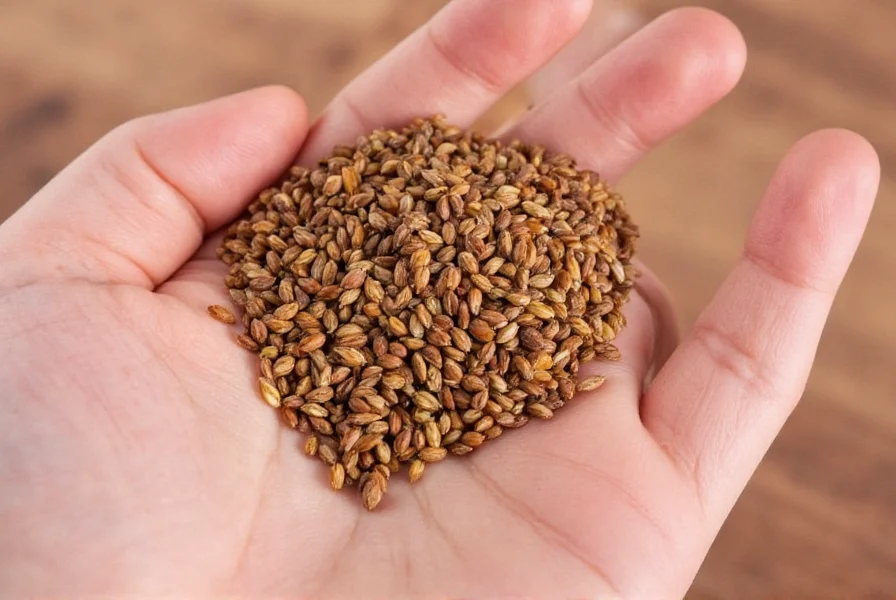
Afeem seed, or Trachyspermum ammi, is a flowering plant native to India and parts of the Middle East. Though small, these seeds are powerhouses of flavor and medicinal value. They resemble cumin or fennel seeds in appearance but deliver a much more intense, herbal aroma.
Common Names Around the World:
- English: Carom Seeds / Bishop's Weed
- Hindi: Ajwain
- Tamil: Omam
- Persian: Zerniyan
Flavor Profile & Culinary Uses
The taste of afeem seed is pungent, slightly bitter, and reminiscent of thyme, with hints of oregano and pepper. This makes it incredibly versatile in both savory and snack-based cuisines. Here’s how different cultures use this bold little seed:
| Cuisine | Use Case | Resulting Flavor |
|---|---|---|
| Indian | In parathas, pickles, and deep-fried snacks (like samosas) | Earthy, warm, and digestive-friendly |
| Middle Eastern | Used in spice blends for roasted meats | Bold, aromatic, and slightly smoky |
| North African | Blended into harissa pastes | Peppery, herbaceous lift |
Cooking Tip:
Afeem seeds release their flavor best when dry-roasted or tempered in hot oil before adding them to a dish. Don’t skip this step—it unlocks their full potential!
Health Benefits You Should Know About
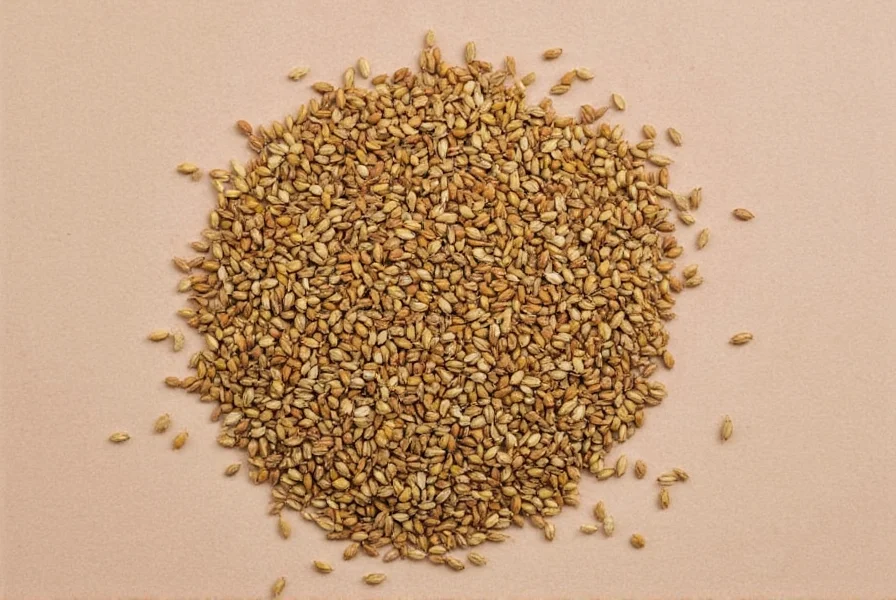
Beyond the kitchen, afeem seed has been revered in Ayurvedic medicine for centuries. Here are some science-backed benefits:
- Digestive Aid: Known to stimulate gastric secretions and relieve indigestion.
- Anti-Inflammatory: Contains thymol, which reduces inflammation and soothes muscle spasms.
- Antibacterial Properties: Effective against certain bacterial strains like E. coli and Staphylococcus.
- Respiratory Relief: Used in steam inhalation for colds and congestion.
7 Practical Cooking Tips for Using Afeem Seed
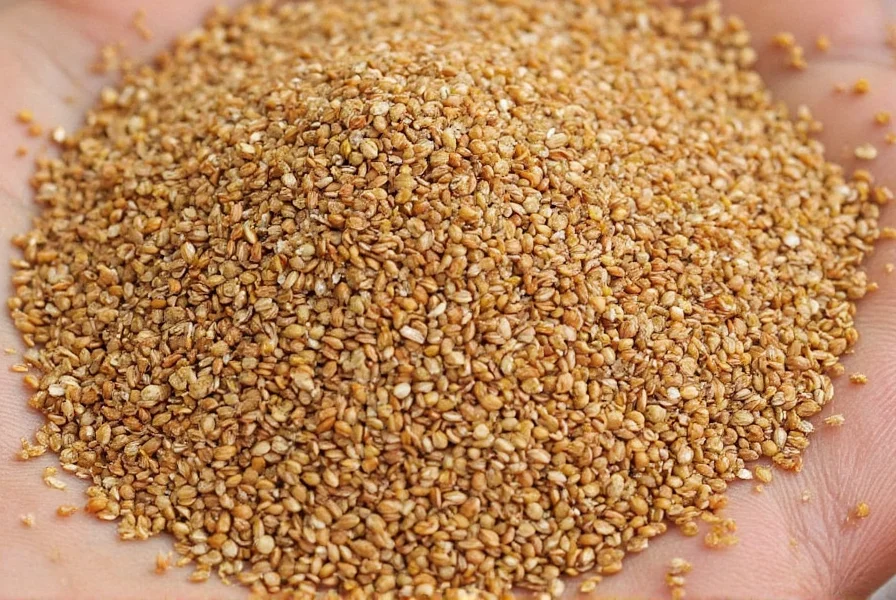
- Rub into Dough: Mix a pinch into bread dough or stuffed flatbreads for an earthy kick.
- Add to Lentil Dishes: Sprinkle over dal or lentil soups right after tempering in ghee.
- Make Digestive Water: Boil seeds in water, strain, and sip after meals for better digestion.
- Temper at the End: Always add afeem seed to hot oil last to preserve its volatile oils.
- Spice Up Snacks: Add to popcorn, roasted nuts, or chaklis for a herby twist.
- Pair with Citrus: Enhances lemon-infused dishes, especially grilled fish or citrus dressings.
- Use Sparingly: A little goes a long way—too much can overwhelm a dish.
Buying Guide: How to Choose the Best Afeem Seeds

Whether you're buying from a local store or online, here’s how to spot quality afeem seeds:
| Feature | Low Quality | High Quality |
|---|---|---|
| Color | Dull grayish-black | Dark brown to black, glossy finish |
| Smell | Faint or musty | Strong, herbal, thyme-like scent |
| Texture | Dry, brittle | Firm, slightly oily surface |
| Packaging | Loose or non-airtight containers | Airtight, dark-colored packaging |
Top 3 Recommended Products:
- Natraj Afeem Seeds:
- Advantages: Organic, sustainably sourced, widely available.
- Best For: Everyday cooking and home use.
- Occasion: Ideal for Indian curries, snacks, and breakfast recipes.
- Sun Organics Afeem Seeds:
- Advantages: USDA certified organic, ethically farmed.
- Best For: gourmet cooking and health-focused recipes.
- Occasion: Great for herbal teas, artisanal breads, and fusion dishes.
- Kalustyan's Imported Afeem:
- Advantages: Premium grade, imported directly from India.
- Best For: professional kitchens and serious spice lovers.
- Occasion: Perfect for spice blending, restaurant-level dishes, and special occasion meals.
Conclusion
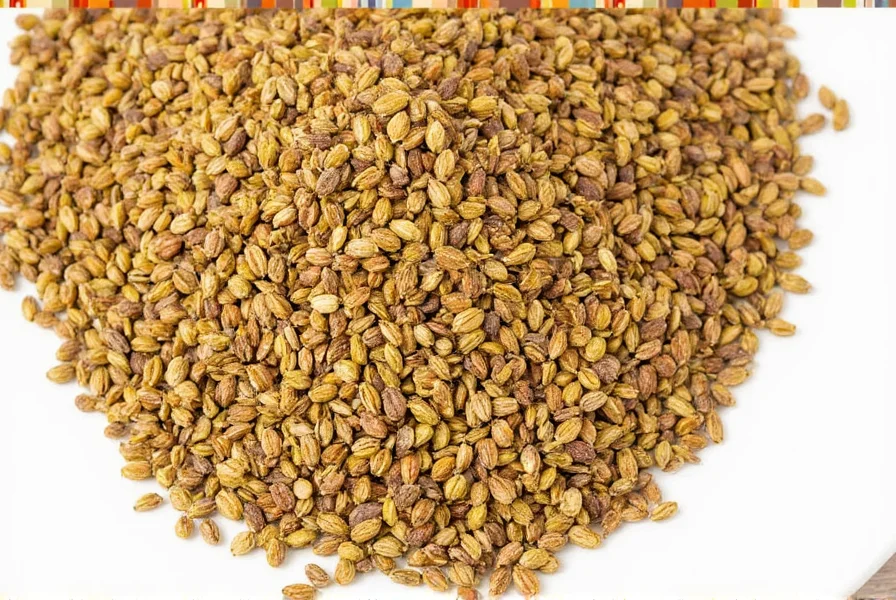
Afeem seed may be tiny, but it brings a big impact—both in flavor and function. Whether you’re making a quick snack, brewing a soothing tea, or experimenting with international cuisine, afeem seed deserves a spot in your pantry. With the right selection, storage, and application, this ancient spice can become your new kitchen hero.
So next time you reach for spices, don’t overlook this powerful little seed. Your taste buds—and your gut—will thank you!
Frequently Asked Questions
What is afeem seed, and how is it different from cumin?
Afeem seed (Trachyspermum ammi) is commonly known as ajwain or carom seeds. While it resembles cumin in appearance, it has a more intense, thyme-like flavor with peppery notes. Unlike cumin's earthy warmth, afeem seed delivers a sharper, herbal punch and contains thymol, the compound responsible for its distinctive aroma and digestive benefits.
Can afeem seed really improve digestion?
Yes. Scientific studies confirm that thymol in afeem seed stimulates digestive enzymes and gastric secretions. Many users report relief from bloating and indigestion when consuming it as a post-meal infusion (1/2 tsp seeds boiled in water). Its carminative properties help reduce gas and abdominal discomfort.
How much afeem seed should I use in recipes?
Start with 1/4 to 1/2 teaspoon per dish. Due to its potent flavor, overuse can make food bitter. For tempering, add 6-8 seeds to hot oil at the end of cooking. In doughs or spice blends, use 1/2 tsp per cup of flour. Always toast lightly to enhance flavor without overwhelming the dish.
Are there any side effects of consuming afeem seed?
When used as a culinary spice, afeem seed is generally safe. However, excessive consumption (more than 1 tsp daily) may cause heartburn or nausea in sensitive individuals. Pregnant women should consult a doctor before using it medicinally, though culinary amounts in food are typically safe.
How should I store afeem seeds to maintain freshness?
Keep seeds in an airtight container away from light and heat. A dark glass jar in a cool pantry preserves potency for up to 2 years. Avoid plastic containers, as the essential oils can degrade plastic. For long-term storage, refrigerate in a vacuum-sealed bag to prevent moisture absorption.
Can I substitute afeem seed with other spices?
Thyme or oregano (use 1/3 the amount) provides a similar herbal note but lacks the digestive benefits. For authentic flavor in Indian recipes, no perfect substitute exists—but a mix of cumin (1/2 part) and dried thyme (1/2 part) can work in emergencies. True afeem seed delivers unmatched complexity.

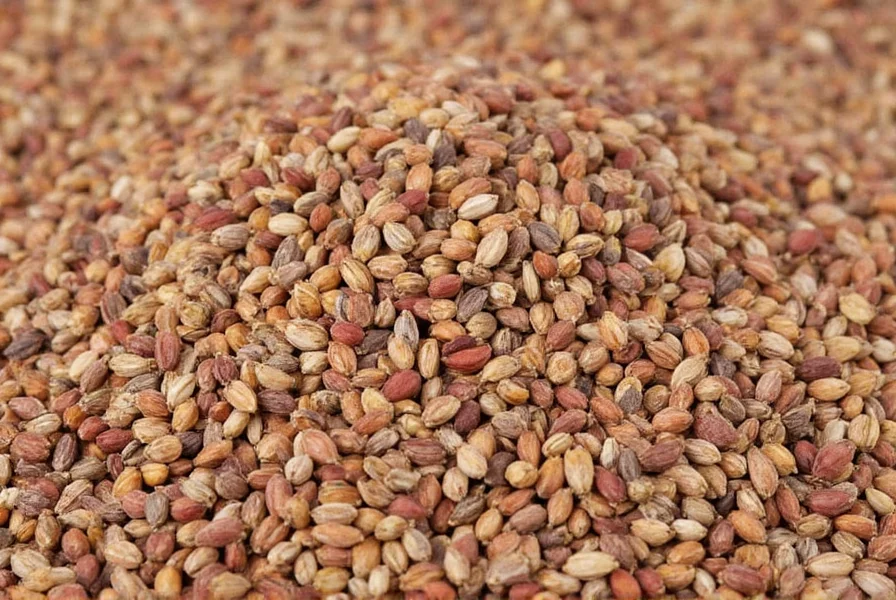









 浙公网安备
33010002000092号
浙公网安备
33010002000092号 浙B2-20120091-4
浙B2-20120091-4